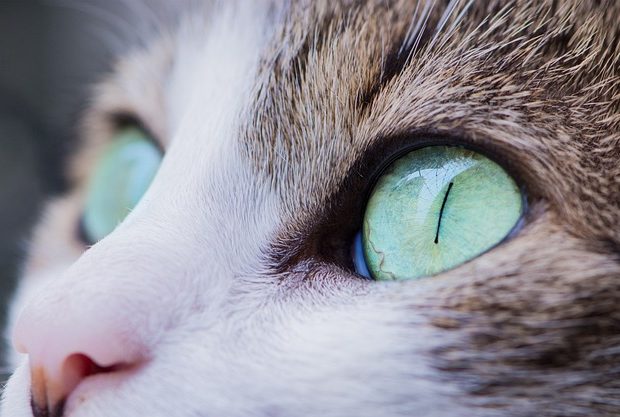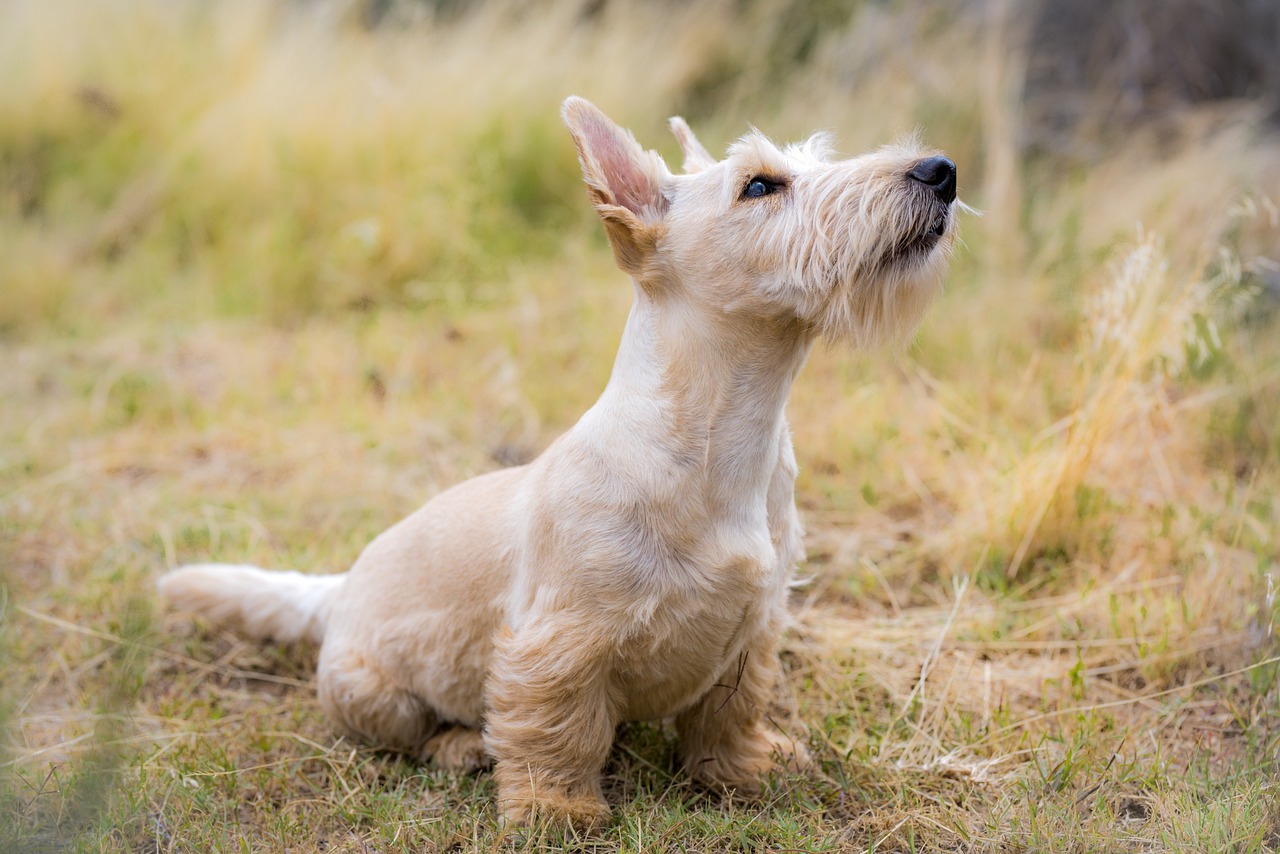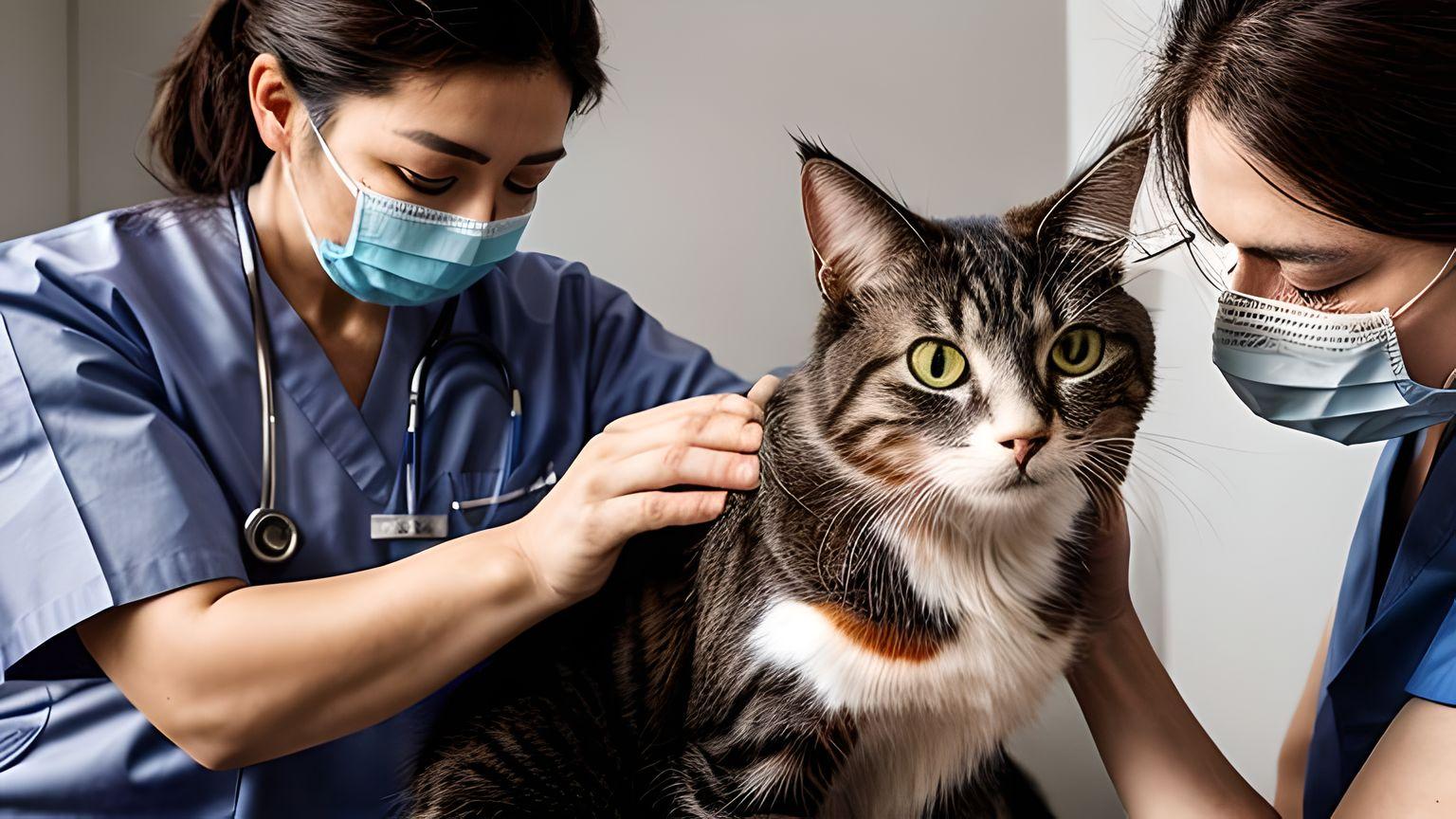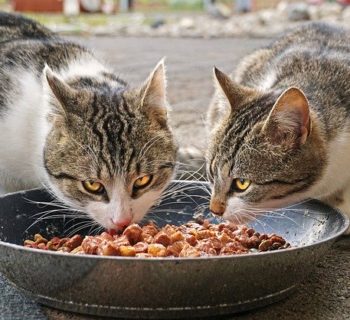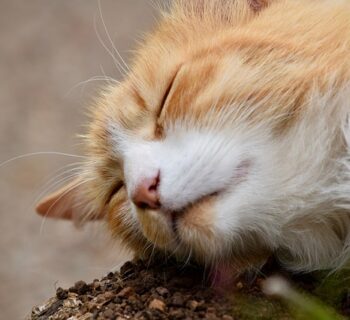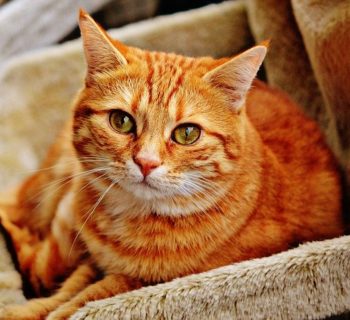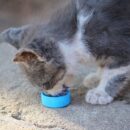In the magical world of tiny fur balls and delicate paws, there exists a captivating moment that every cat lover yearns for: the day when newborn kittens finally open their eyes.
With bated breath, we wait to witness this adorable transformation, but have you ever wondered how long it takes for those precious peepers to reveal themselves to the world?
Prepare to be enchanted as we delve into the fascinating mystery of when and how kittens unlock their sight.
Table of Contents
When Do Kittens Open Their Eyes?
The development of a kitten's vision is a remarkable process. Newborn kittens typically open their eyes between 7 to 10 days after birth. By the time they reach 2 weeks of age, both of their eyes are usually fully dilated, allowing them to perceive the world visually for the first time. This newfound ability marks an exciting milestone in their early development.
As kittens continue to grow, their visual capabilities improve rapidly. By the time they are 3 weeks old, they can focus with both eyes, enabling them to explore their surroundings in more detail. This progression in sight development is not only fascinating but also crucial for their overall understanding of the world around them
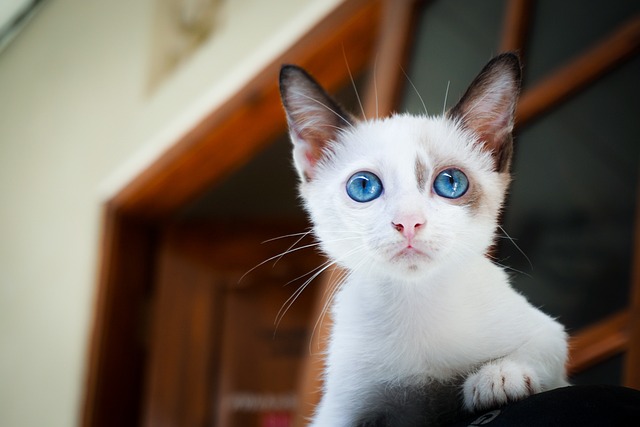
Eye Infections in Newborn Kittens
Understanding eye infections in kittens is essential for their well-being. Here are some important facts to keep in mind:
- Pre-Eyelid Opening Infections: Kittens may experience eye infections even before their eyelids open.
- Bulge Under Closed Eyelid: If you happen to notice a bulge under a closed eyelid, it could be an indication of an infection.
- Immediate Veterinary Attention: In cases where you suspect an eye infection, it is crucial to seek prompt veterinary intervention.
- Professional Diagnosis and Treatment: A veterinarian can provide a proper diagnosis of the infection and take the necessary steps for treatment. This may involve draining pus, cleaning the affected eye, and applying medication to effectively clear the infection.
- Consult a Veterinarian: Always remember to consult a veterinarian if you suspect an eye infection in a kitten. Their expertise and guidance are vital in ensuring the kitten's eye health and overall well-being.
Conjunctivitis and Eye Discharge in Kittens
After a kitten's eyes open, they may develop conjunctivitis, which is the inflammation of the conjunctiva, the thin layer covering the eyeball. Symptoms of conjunctivitis in kittens include squinting, frequent blinking, discharge, and swollen conjunctiva. The discharge from their eyes can range from clear to pus-like in consistency. Kittens may also squint or keep their eyes closed due to discomfort. Corneal injuries, such as scratches or dust particles, can cause pain and sensitivity to light, making the third eyelid visible in some cases.
Corneal Injuries and Sensitivity to Light in Kittens
Corneal injuries in kittens can occur due to direct trauma or foreign bodies entering the eye. These injuries can cause pain and sensitivity to light. If you suspect a corneal injury in a kitten, contact a veterinarian promptly. Even minor injuries can quickly become serious if left untreated. A vet can assess the severity of the injury and provide appropriate treatment and pain relief for the kitten.
Importance of Veterinary Intervention for Eye Issues
Veterinary intervention is crucial for any eye issue in kittens, whether it is an infection, conjunctivitis, or a corneal injury. Only a qualified veterinarian can accurately diagnose the problem and provide necessary treatment. Delaying veterinary care can lead to worsening conditions and potential vision loss. It is always recommended to seek professional help if you suspect any eye issues in a kitten.
Proper Nutrition and Feeding for Newborn Kittens
Newborn kittens require proper nutrition to grow and thrive. They should be bottle-fed with a special kitten formula every 2-4 hours. Cow's milk should never be given to kittens, as it can cause digestive issues. The veterinarian can guide you on the best formula to use, the amount to feed, and the frequency of feeding. It is crucial to ensure that kittens gain approximately ½ ounce (14 grams) per day or 4 ounces (113 grams) per week to support healthy growth.
Veterinary Care and Preventive Measures for Healthy Kittens
Taking a newborn kitten for their first veterinary appointment is essential to assess their health and receive guidance on their dietary needs. Routine preventive care, including wellness exams, vaccinations, and parasite prevention, is vital for the kitten's overall health. Regular veterinary exams allow the vet to assess the kitten's development, overall health, and dietary requirements. This also helps in detecting any diseases or health concerns at an early stage, enabling timely intervention. Following the recommended vaccination and parasite prevention schedule is crucial to ensure the well-being of the kitten.
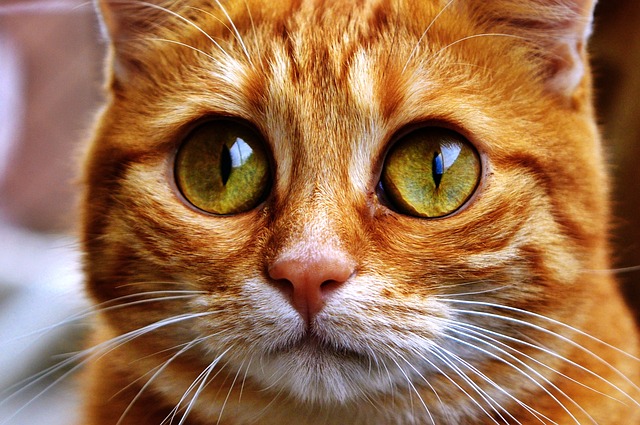
Conclusion
Newborn kittens typically open their eyes within the first 7 to 10 days of their lives. If a kitten does not open their eyes by 2 weeks old, it is recommended to seek veterinary attention. Kittens can experience various eye issues, including infections, conjunctivitis, and corneal injuries. Veterinary intervention is necessary to address these problems and prevent potential complications. Additionally, proper nutrition and feeding are vital for the healthy growth of newborn kittens. Regular veterinary care, including wellness exams and preventive measures, ensures that kittens receive the necessary support for a healthy and happy life.
Key points
FAQ
When Can You Start Holding Kittens?
It is best to start holding kittens once they reach about two weeks of age. This is the time when they become more resilient to infection and disease. Introducing them to human touch during weeks two to seven is crucial for their socialization, fostering a positive bond between kittens and humans early on.
How Long Does It Take Kittens to Walk?
By three weeks old, kittens have begun to develop their motor skills and coordination, allowing them to take their first wobbly steps. They will start exploring their environment, cautiously venturing away from their heat source to discover new areas and objects. Although they are still heavily reliant on their mother and need warmth from a heat source, their increasing activity demonstrates their growing independence.
What Should 1 Week Old Kittens Be Doing?
At one week old, kittens are in the midst of an important phase of growth and development. Despite doubling their birth weight, they remain close to their mother and nest, seeking warmth and comfort in each other's presence. While they start to become more aware of their surroundings, they primarily spend their days sleeping, allowing their tiny bodies the time they need to rest and recharge for the next stages of development.
What if My 2 Week Old Kitten Hasn’t Open His Eyes?
If your 2 week old kitten hasn't opened their eyes, it is crucial to consult a veterinarian. While it is normal for kittens to have closed eyes during their first few days of life, if they remain shut beyond 2 weeks, it may indicate a potential health issue that needs immediate attention. It is important to seek professional advice rather than attempting to open the kitten's eyes yourself, as this can potentially cause harm or discomfort to the fragile little eyes. A veterinarian will be able to properly assess the situation and provide appropriate guidance for your kitten's well-being.
Remember, the well-being of your kitten is paramount, so it's always better to be safe than sorry. Consulting a vet will ensure that any underlying issues are promptly addressed, contributing to the overall health and comfort of your adorable furry friend.

